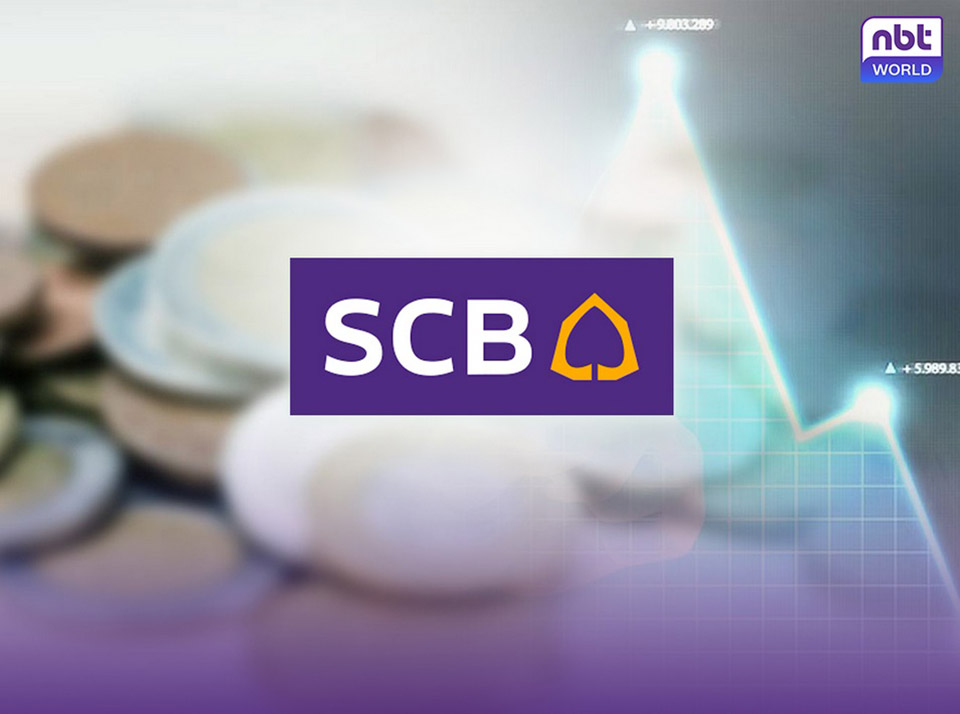
BANGKOK, Thailand – SCB Financial Markets (SCB FM), a division of Siam Commercial Bank, expects the U.S. Federal Reserve (Fed) to initiate interest rate cuts by mid-2025 due to slowing economic growth.
Despite the Fed maintaining its current policy rate at 4.25-4.50%, financial markets have increasingly priced in the likelihood of rate reductions, with expectations rising to 75 basis points, exceeding the Fed’s latest guidance. SCB FM maintains its forecast of two rate cuts in 2025, with the first expected in June and another in the fourth quarter.
In the short term, the Thai baht is projected to trade within a 33.50-34.00 range per U.S. dollar, with stronger appreciation pressures emerging. However, the baht has yet to break key resistance at 33.50, partly due to uncertainty surrounding Donald Trump’s tariff policies. Historically, similar trade measures have been announced but later delayed or adjusted, leading to muted market reactions. Additionally, the Bank of Thailand (BoT) has intervened selectively to stabilize fluctuations in the currency.
By year-end, SCB FM projects a stronger baht in the range of 32.50-33.50 per U.S. dollar, as U.S. economic slowdown signals become clearer. Meanwhile, increased fiscal stimulus in Europe is expected to drive capital flows out of the U.S. dollar and into the euro, indirectly supporting baht appreciation.
However, global financial volatility remains a key risk. The potential imposition of reciprocal tariffs could strengthen the U.S. dollar in the short term, temporarily weakening the baht beyond 34 per dollar. Additionally, domestic economic challenges, such as tight financial conditions and concerns over debt repayment among SMEs and lower-income households, may prompt the Monetary Policy Committee to cut interest rates more aggressively, adding further downside pressure on the baht. (NNT)










